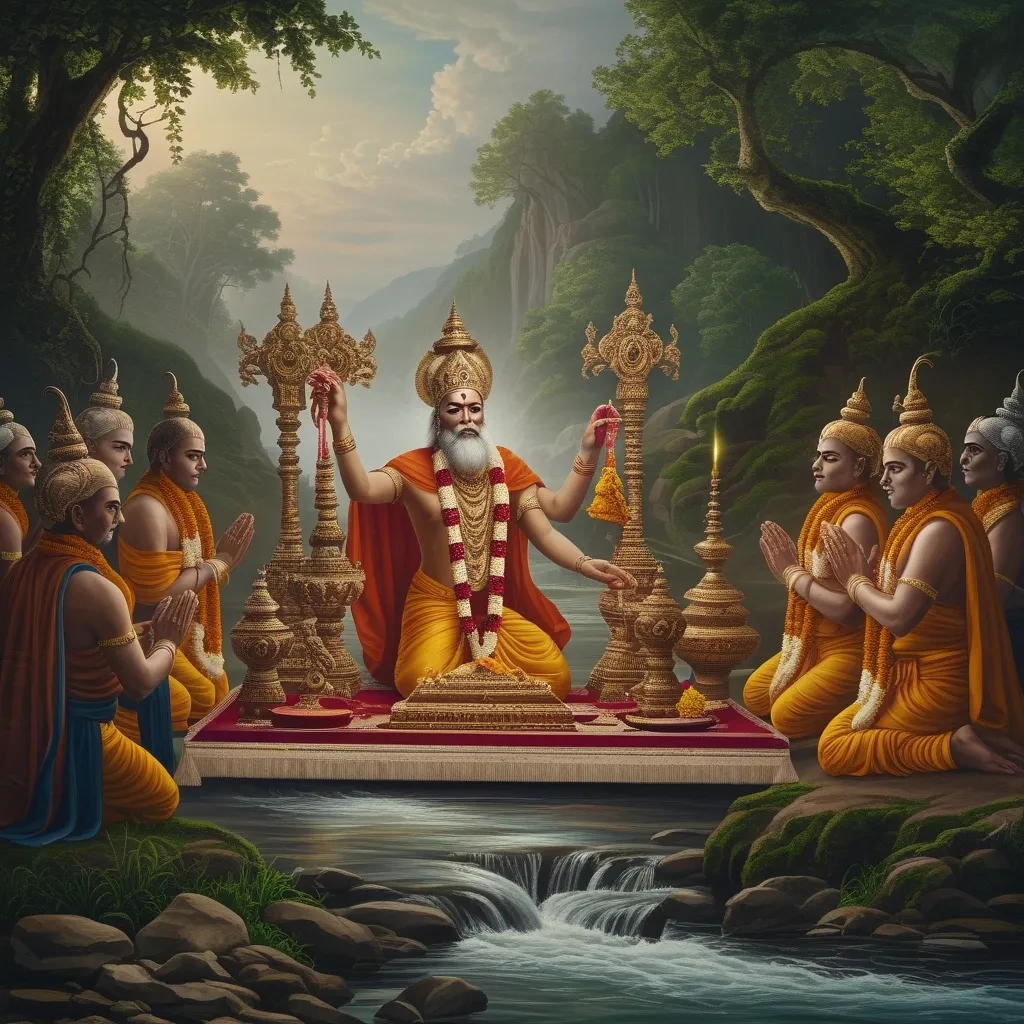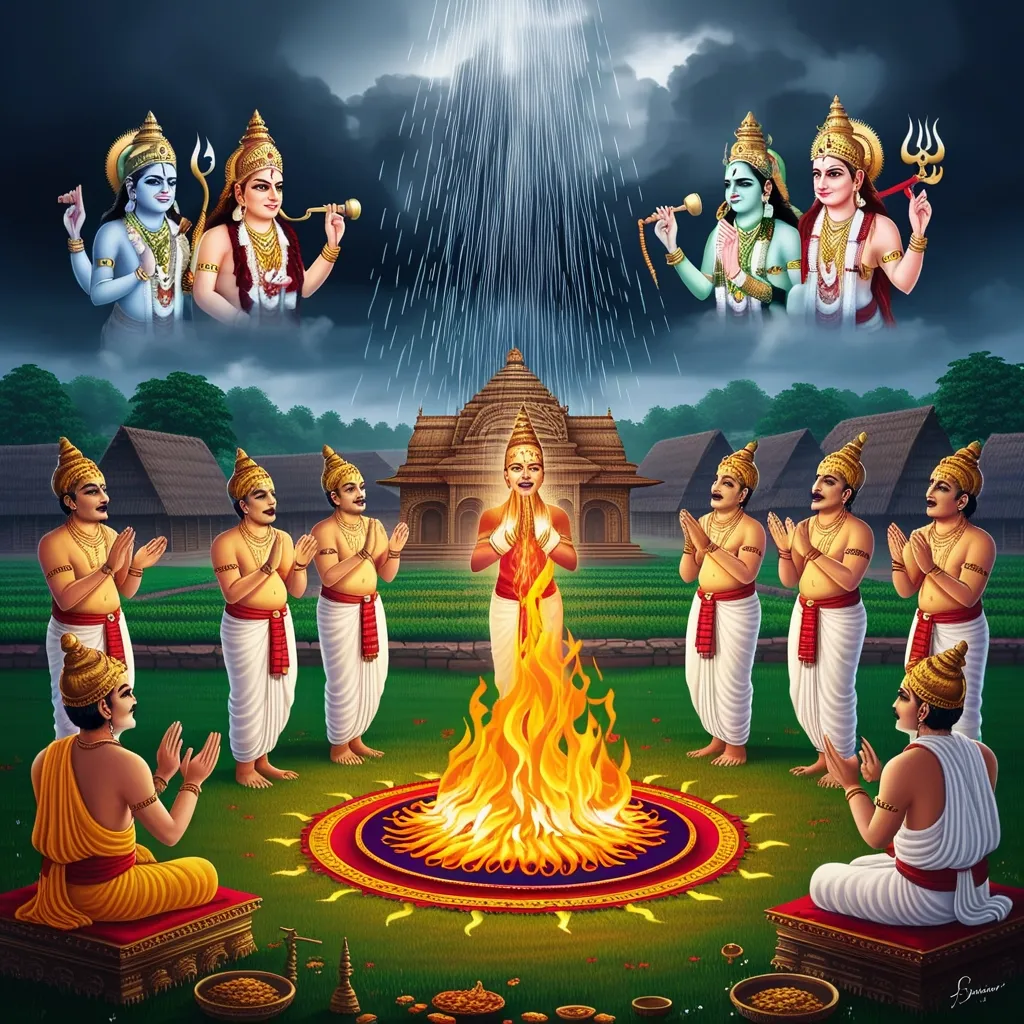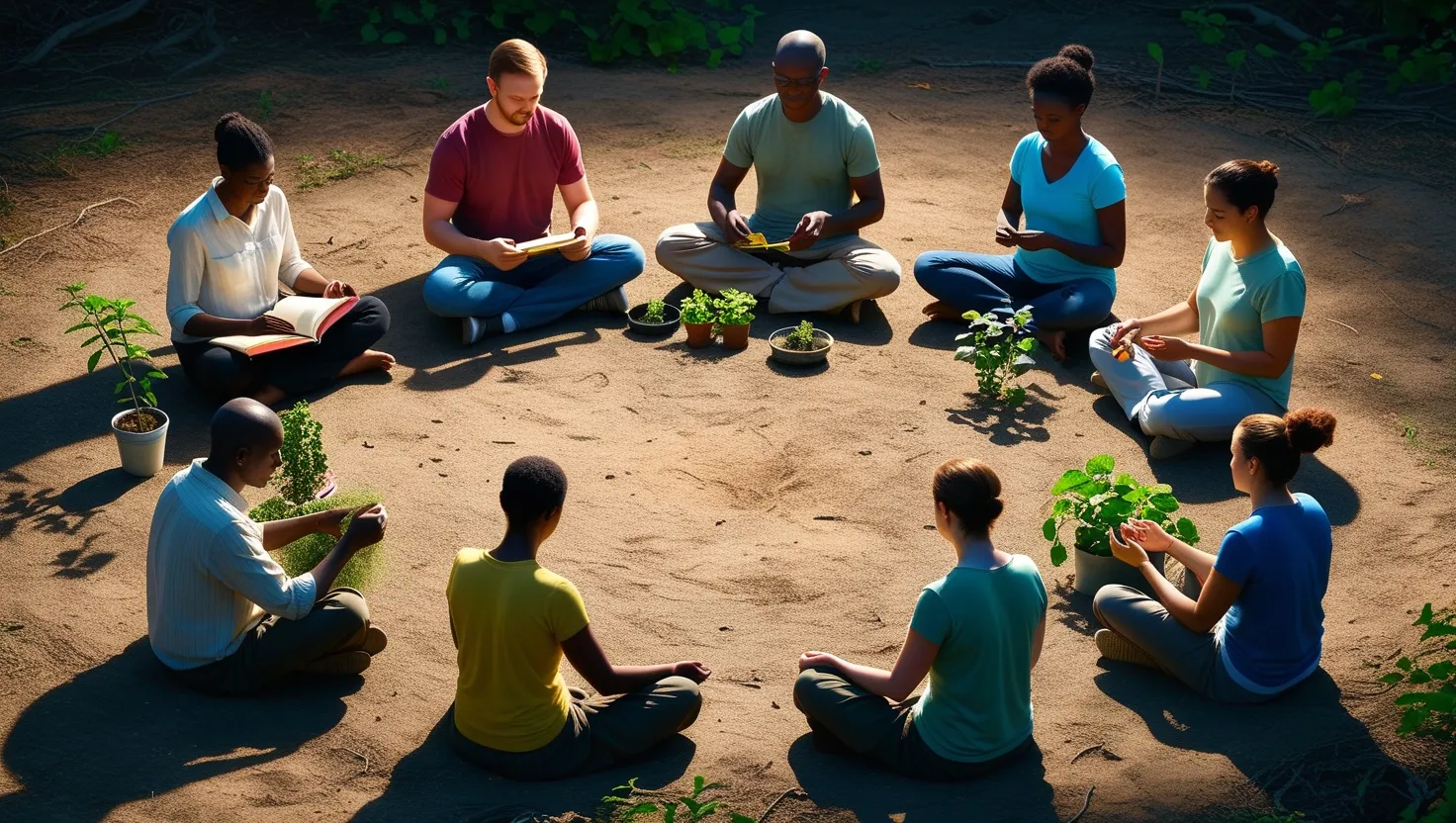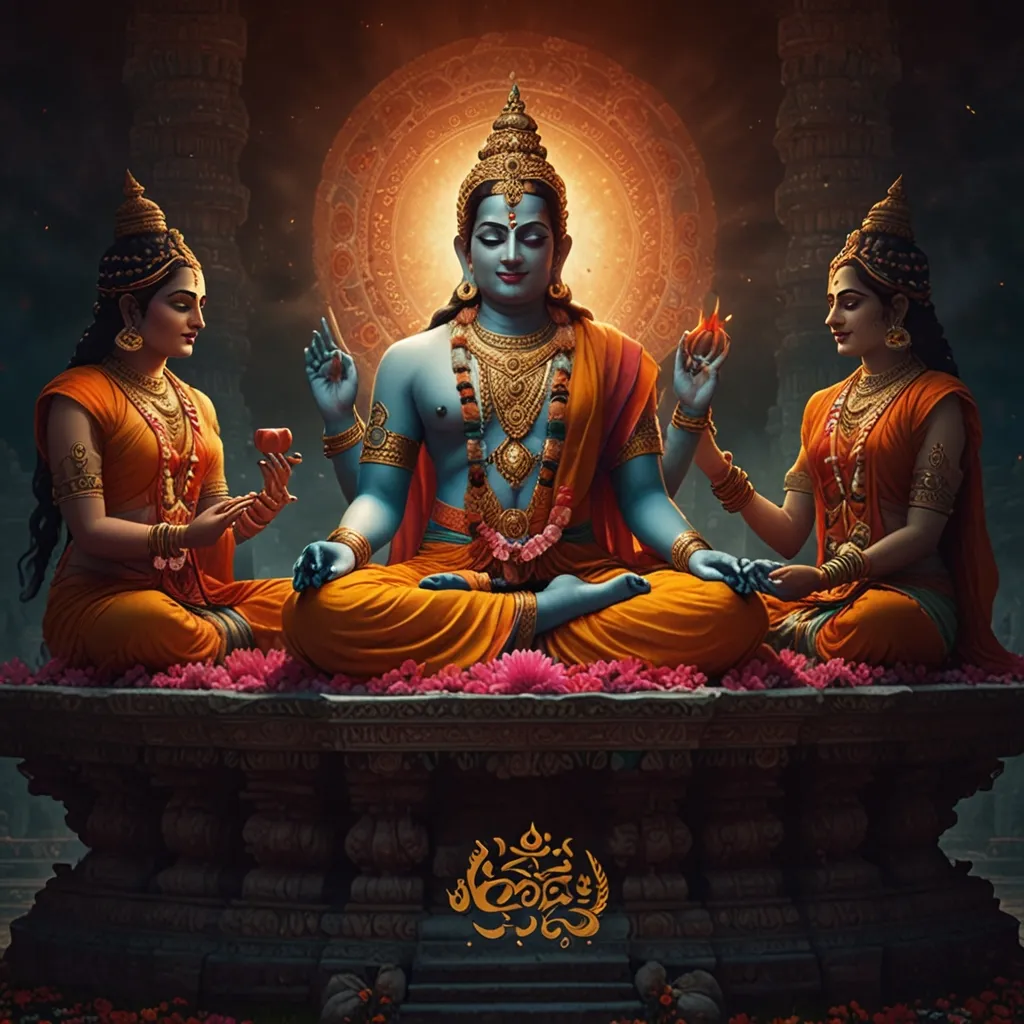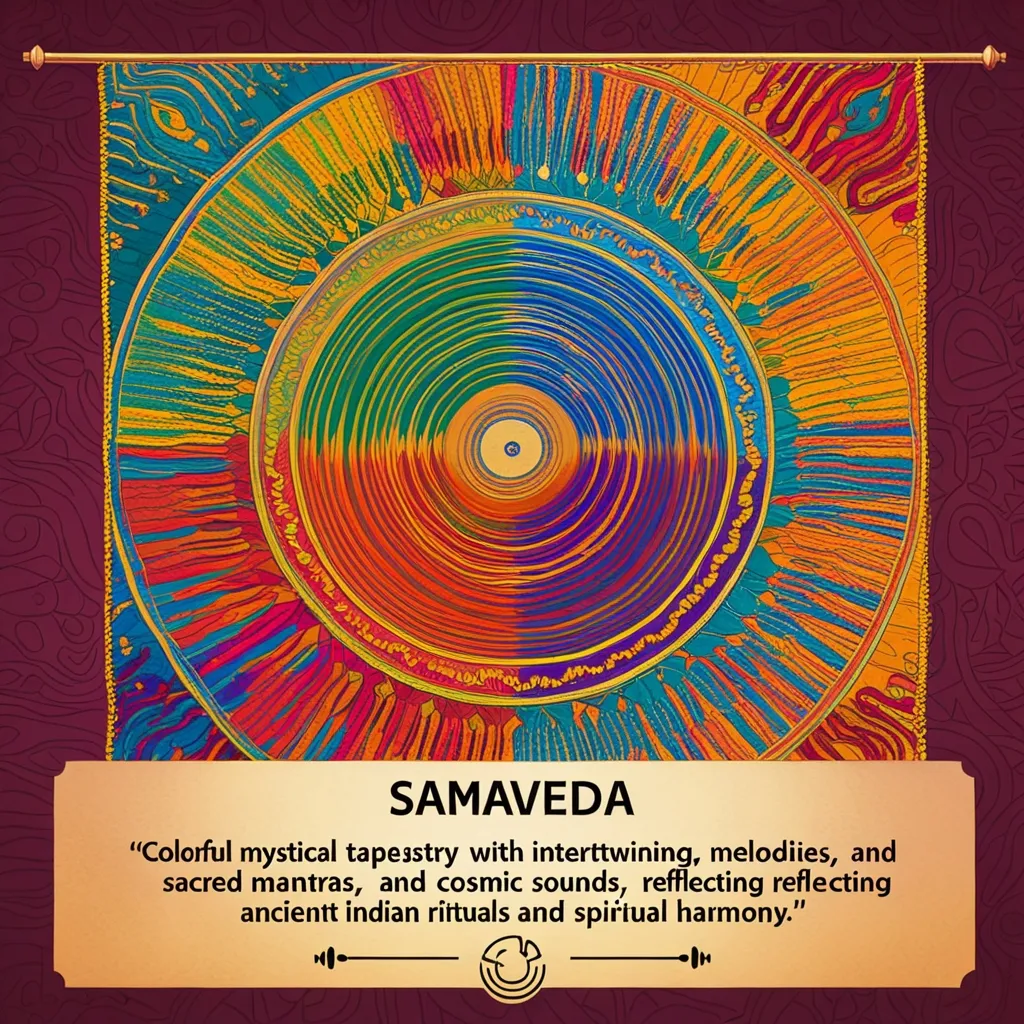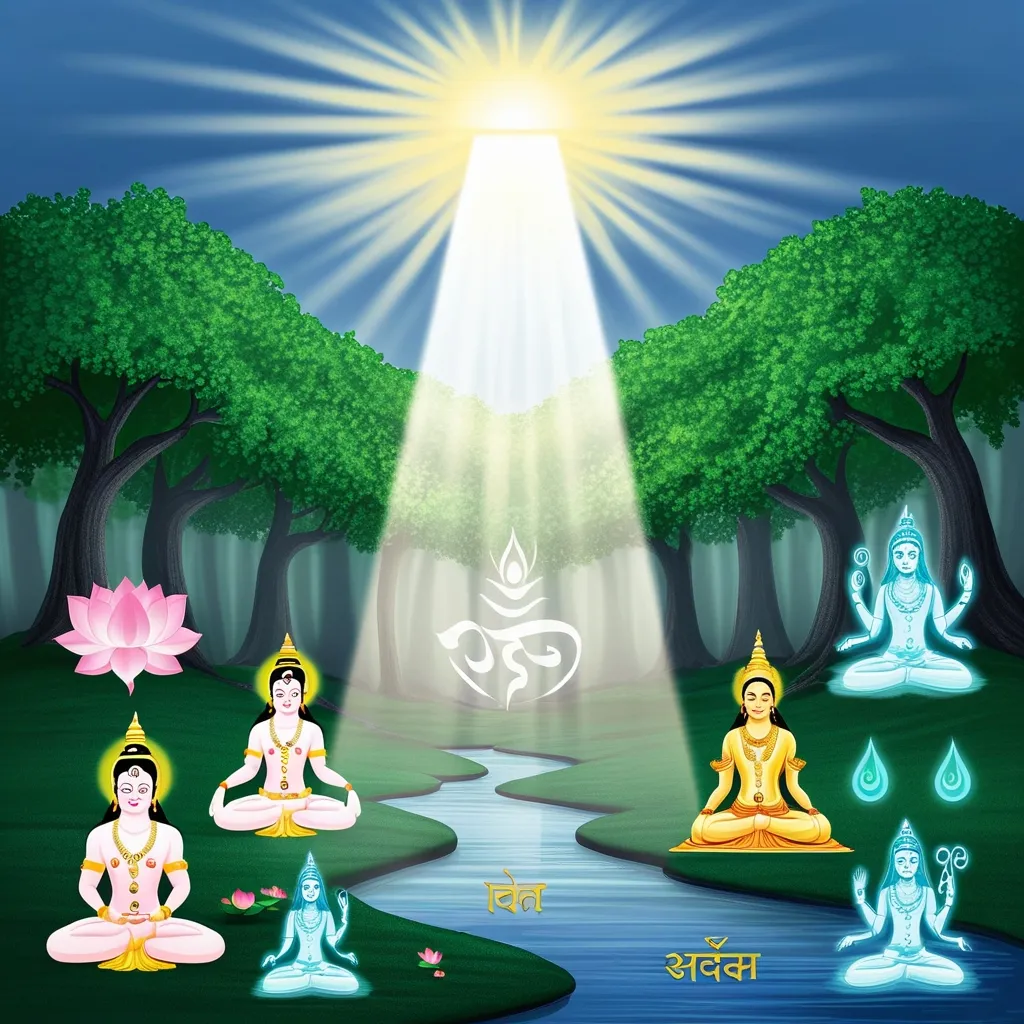The Yajurveda, a cornerstone text among the ancient Hindu scriptures, has been guiding spiritual seekers for ages. More than just hymns and mantras, it’s a deep, all-encompassing guide to spiritual enlightenment and self-realization.
When diving into the Yajurveda, it’s easy to see that it’s one of the four principal Vedas. Each Veda contributes in its unique way to Hinduism’s spiritual and cultural heritage. There’s the Rigveda with its hymns dedicated to various gods, the Samaveda known for its melodious chants, and the Atharvaveda loaded with practical wisdom. But the Yajurveda? It digs deep into the rituals and ceremonies that are the lifeblood of Vedic practice. Picture this: detailed instructions for priests performing sacrificial acts, known as yajnas, which are pivotal to Sanatan religious tradition.
Rituals and ceremonies are essentially the heartbeat of the Yajurveda. They’re not just mechanical or mundane acts but are steeped in deep, philosophical meaning. Their primary aim? To maintain dharma, or righteousness, and keep the universe balanced. The Yajurveda outlines these rituals in intricate detail, explaining the process of sacrifices through a mix of mantras, prose formulas, and detailed steps.
Then there’s the critical role of priests, referred to as “purohits” in the Yajurveda. These priests aren’t just performers of rituals; they’re guardians of Vedic tradition. The Yajurveda acts as their manual, making sure that every ritual is conducted with unmatched dedication and precision. This focus on ritual accuracy highlights the importance of preserving the sanctity of Vedic practices.
Beyond the rituals, the Yajurveda serves up some essential ethical and spiritual lessons. It emphasizes how cosmic principles and human existence are intertwined, painting a picture of interconnectedness. The text points out that rulers have a sacred duty to uphold dharma, thus ensuring the world remains just and righteous. It’s not just about the rulers, though. It calls on every individual to live righteously and with moral integrity.
The Yajurveda isn’t just about guiding rituals. It’s a pathway to self-realization. By meticulously detailing the various ceremonies, it takes the spiritual seeker on a transformative journey. The idea is that performing these rituals elevates the individual spiritually, fostering a deeper bond with the divine. It nudges the seeker to look past the external aspects of worship and dive into the inner symbolism and meaning.
Speaking of symbolism, the Yajurveda is rich with it. The rituals described aren’t merely physical actions; they’re imbued with profound spiritual significance. They symbolize the soul’s journey towards self-realization and ultimately, union with the divine. This inherent symbolism urges the seeker to reflect deeply on life’s meaning and the purpose of existence.
Let’s not forget, initially, the Yajurveda was passed down orally, generation after generation. This tradition ensured that the sacred knowledge stayed intact and unaltered. Reciting Yajurveda mantras during rituals has been central to Vedic practice, preserving the continuity of spiritual traditions.
The impact of the Yajurveda on Hindu practices is undeniable. It has shaped daily worship, community rituals, and the collective understanding of one’s place in the cosmos. Its emphasis on dharma and righteous living has influenced social norms and customs, steering individuals toward morally and spiritually enriched lives.
Despite the constantly changing world, the Yajurveda holds timeless wisdom. Its teachings about rituals, ethics, and spiritual growth continue to guide individuals on their spiritual journeys. Anyone seeking a deeper understanding of existence and their place in the grand scheme of things can find valuable insights in the Yajurveda.
In essence, the Yajurveda is more than just an ancient text. It’s a living tradition, continuously inspiring spiritual seekers. With its detailed rituals, focus on ethical living, and deep spiritual insights, it remains an invaluable guide on the path to self-realization. It’s a pillar of Vedic philosophy, continuously guiding humanity towards a profound understanding of the divine and the interconnectedness of all things.
